
Artificial intelligence and human rights
The development and use of AI must be transparent, accountable, and work in public interest. Deploying AI and automated decision-making, without adequate safeguards, checks and balances can facilitate human rights violations, exacerbate existing societal power imbalances, and create new risks, disproportionately affecting marginalized people and communities. We urge governments and companies to develop and enforce global AI governance frameworks that are binding, enforceable, and rooted in human rights law.

Why human rights must be at the core of AI governance
Civil society has been consistently advocating for human rights-centric AI governance. But this effort is under threat from several angles; and with it, any chance of achieving a reality in which AI development serves people, instead of surveilling and exploiting them.
SPOTLIGHT: EU AI ACT
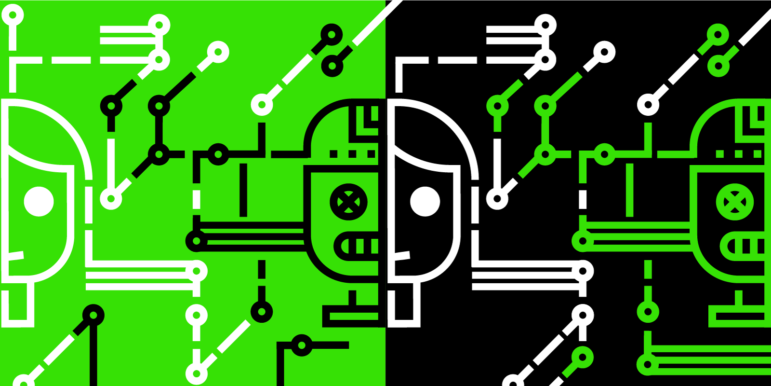
Artificial Intelligence
The EU AI Act: a failure for human rights, a victory for industry and law enforcement
Loopholes and exemptions: the EU has voted to adopt an AI Act that fails to protect people from harm.
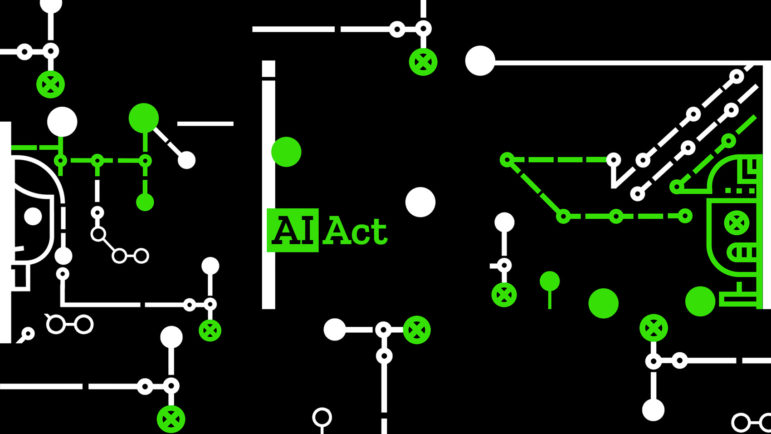
Artificial Intelligence
The EU AI Act proposal: a timeline
A summary of our proposed amendments to the draft EU AI Act and a timeline of our related commentary and recommendations.
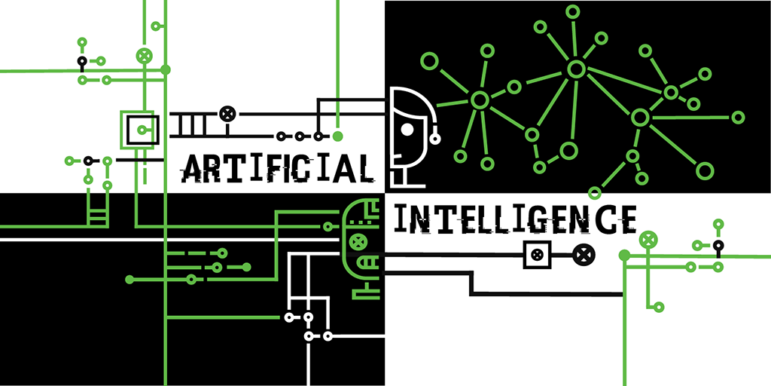
Artificial Intelligence
The EU AI Act: How to (truly) protect people on the move
The EU AI Act is supposed to protect the rights of everyone impacted by AI systems. But it ignores the systems impacting people on the move. Here are three steps policymakers can take to fix that problem.

Artificial Intelligence
The EU needs an Artificial Intelligence Act that protects fundamental rights
Access Now and over 110 civil society organisations have laid out proposals to make sure the European Union’s Artificial Intelligence Act addresses the real-world impacts of the use of artificial intelligence.
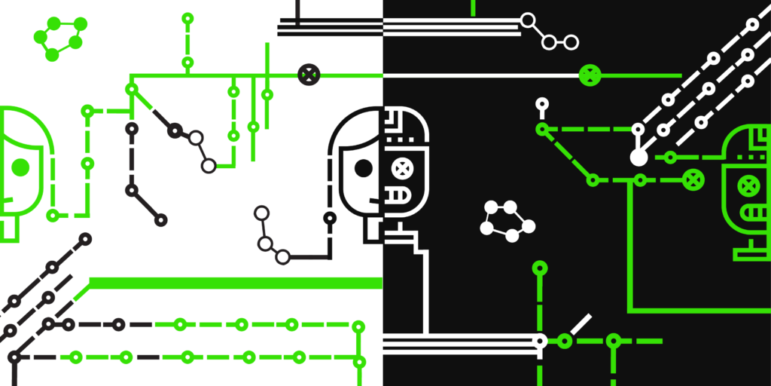
Artificial Intelligence
The EU should regulate AI on the basis of rights, not risks
Artificial intelligence and automated decision-making systems threaten our fundamental rights. Yet the EU is considering an approach to AI regulation that would substitute rights-based protections for a mere risk mitigation exercise by corporations with a vested interest in these systems. Here’s why that’s a grave mistake.
RESOURCES

Artificial Intelligence
AI Action Summit: a missed opportunity for human-rights centered AI governance
The development of the proposed GDPR Procedural Regulation represents a missed opportunity to address enforcement challenges.

Artificial Intelligence
Access Now revela radiografía del panorama legislativo de la Inteligencia Artificial en América Latina
Access Now lanza el reporte “Radiografía Normativa: ¿Dónde, qué y cómo se está regulando la inteligencia artificial en América Latina?”

Artificial Intelligence
Artificial Genocidal Intelligence: how Israel is automating human rights abuses and war crimes
Israel’s war on Gaza has revealed how mundane, unsophisticated AI surveillance systems are being used to unleash the most dystopian, tech-driven horrors on Palestinians.

Artificial Intelligence
Generative AI and election disinformation: much ado about nothing?
In this bumper “year of elections,” alarm bells are being raised about the potential impact of generative AI in worsening election disinformation. But is this really the democratic disaster many are making it out to be, or is it a lot of fuss over nothing?
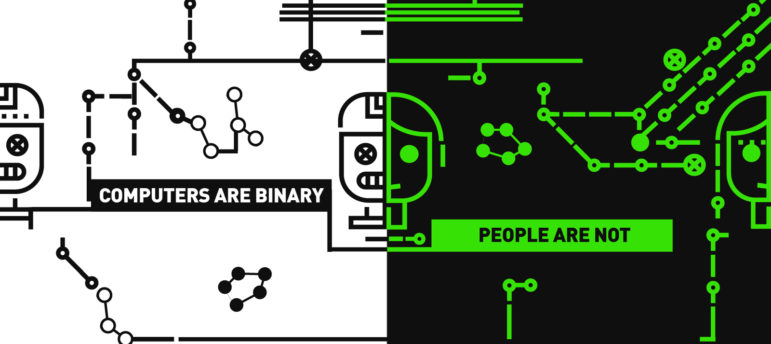
Artificial Intelligence
Computers are binary, people are not: how AI systems undermine LGBTQ identity
Most of us interact with some sort of Artificial Intelligence (AI) system several times a day, whether it’s using the predictive text function on our phones or applying a selfie

Artificial Intelligence
Joint statement – A dangerous precedent: how the EU AI Act fails migrants and people on the move
The EU AI Act falls short in the vital area of migration, failing to prevent harm and provide protection for people on the move.
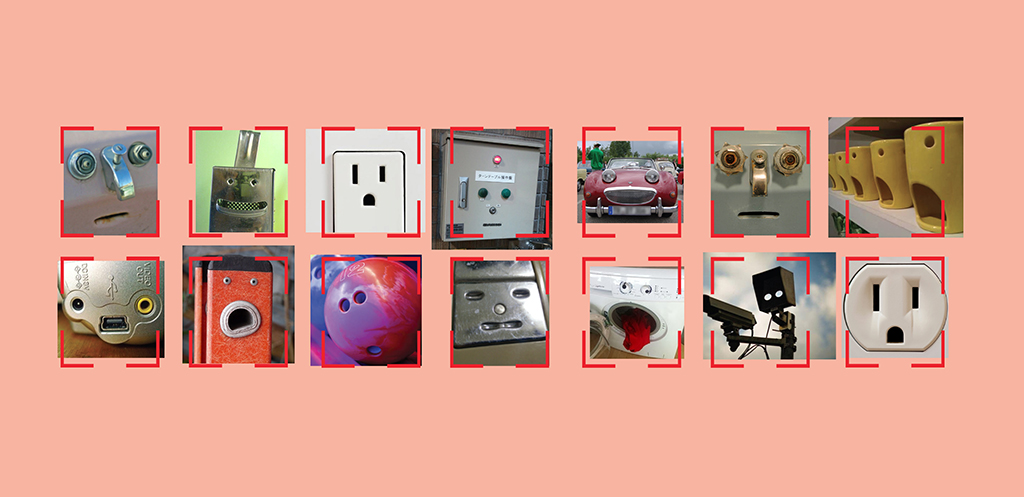
Artificial Intelligence
Instead of banning facial recognition, some governments in Latin America want to make it official
Buenos Aires, Brasilia, and Uruguay are pushing for use of facial recognition systems for “public security,” seeking to authorize the invasive and harmful use of mass surveillance tools. Civil society must fight back.

Artificial Intelligence
Human rights and justice must be at the heart of the upcoming Commission guidelines on the AI Act implementation
This statement was written by the AI Act civil society and the #ProtectNotSurveil coalitions following the EU Commission consultation on the AI Act.

Artificial Intelligence
What you need to know about generative AI and human rights
Generative AI has been all over the headlines. But what are the human rights implications? Get the facts in our generative AI FAQ.

Artificial Intelligence
Artificial Intelligence: what are the issues for digital rights?
You may have a basic understanding of what AI is. But are you familiar with the issues it raises for your fundamental rights?
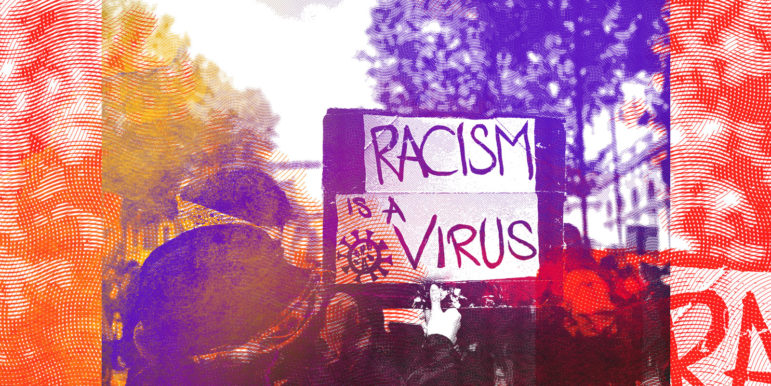
Artificial Intelligence
Fighting systemic racism in the digital age: a global challenge
On Human Rights Day of 2020, we highlight the mandate of E. Tendayi Achiume, the United Nations Special Rapporteur on contemporary forms of racism, racial discrimination, xenophobia and related intolerance to fight systematic racism.
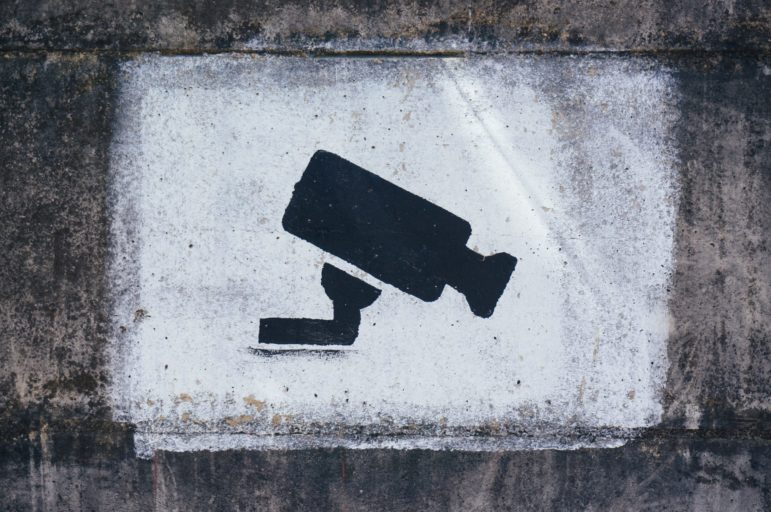
Digital Security
Track and target: FAQ on Myanmar CCTV cameras and facial recognition
The military junta in Myanmar is rolling out China-made CCTV cameras with facial recognition capabilities to intensify surveillance against the people.
QUICK DIGEST: Risks of the emerging AI and biometrics tech



Latest Updates

Comments on MeitY’s report on AI governance guidelines
Access Now’s comments on the Indian Ministry of Electronics and Information Technology’s (MeitY) report on AI governance guidelines.

Submission to the UN on the Independent International Scientific Panel on AI and Global Dialogue on AI Governance
Access Now’s submission on the Independent International Scientific Panel on AI and Global Dialogue on AI Governance.
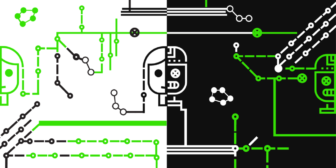
AI Action Summit: a missed opportunity for human-rights centered AI governance
The development of the proposed GDPR Procedural Regulation represents a missed opportunity to address enforcement challenges.

Kamery na školách porušujú práva detí, sú nebezpečné aj nelegálne, myslia si odborníci

EU pushes ahead with enforcing AI Act despite Donald Trump warnings

The EU’s AI bans come with big loopholes for police

Projekti ‘Smart City’ ngre kambana alarmi për survejim masiv në Shqipëri

EU lacks guidance on AI prohibitions, as rules start to apply

Ceasefire in Gaza: it’s time to end digital harms and deliver justice
As physical violence appears to be coming to a halt after 15 months in Gaza, Access Now further calls for a digital ceasefire.

Tackling the “black snakes” undermining digital rights worldwide
As 2025 gets underway, Access Now’s new Executive Director, Alejandro Mayoral Baños, PhD, shares his reflections on the “black snakes” threatening the digital rights movement.

Human rights and justice must be at the heart of the upcoming Commission guidelines on the AI Act implementation
This statement was written by the AI Act civil society and the #ProtectNotSurveil coalitions following the EU Commission consultation on the AI Act.

Submission on Sri Lanka’s draft National Strategy on AI
With increasing development of AI applications, it’s crucial for Sri Lanka to
develop a strong foundational guide for the use of emerging technology.

Commission sitting on detailed draft guidelines with prohibited AI deadline looming

Access Now: İsrail’in Filistin’e yönelik dijital işgaline karşı mücadele

Toward a digital ceasefire
The ascent of cyber warfare is weaponizing our digital world; it’s time to embrace the concept of “digital ceasefire.”

Big Tech and the risk of genocide in Gaza: what are companies doing?
Big Tech is playing a central role in enabling the relentless mass slaughter and destruction unleashed in the war in Gaza.